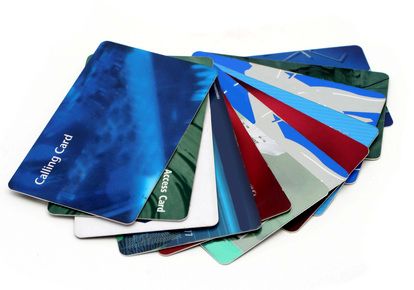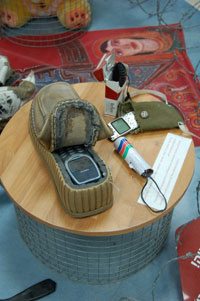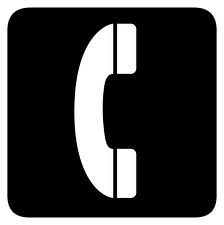This article is a good overview of the revenue generated by prison payphone and prepaid calling cards. This quote from the article, “When you are an inmate, the only connection to the outside world is by phone” highlights the importance of prison telephone services to the inmates. The meshDETECT secure cell phone service is a great way to increase prisoners’ connection to their families by offering more frequent, more convenient and more private conversation with families, while increasing prison phone service revenue.
The phone system available to inmates at the Butler County Jail makes thousands of dollars annually for jail services and the county’s general fund.
Last year, prepaid telephone cards sold to inmates and loved ones along with fees for outgoing collect calls generated $352,000 for the general fund, according to the Butler County Sheriff’s Office.
Fees generated help keep costs down to operate the jail and are partly used for other state-required purchases, county officials said.
Combined Public Communications, a family-owned business based in Northern Kentucky, provides and maintains the system and hardware for the telephones, calling cards and a kiosk in the front lobby.
The county’s cut of the revenue is 50 to 60 percent depending on the type of purchase, with no upkeep costs, said Chief Deputy Anthony Dwyer.
“That is a benefit all the way around,” Dwyer said.
More than $62,000 in revenue from the prepaid calling cards purchased through the jail commissary in 2010 was returned for other inmate services, which is required by law.
The money is used to purchase items to benefit inmates that go beyond the state required basics.
“Books, basketballs, games, television all come from the commissary fund,” said Dwyer, noting keeping inmates occupied with less time to get into mischief is a benefit to everyone.
Several options are available to inmates to make phone calls. Collect calls can be made from the jail pods at a cost of $2.75 to connect and 25 cents a minute for local calls and 50 cents per minute for long distance. Collect calls can not be made to cellphones, so prepaid cards for $10 or $20 can be purchased by the inmate from the commissary or a loved one can purchase a phone card in the sheriff’s office lobby and earmark it for the inmate.
How long the inmate gets to talk with one card purchase depends on if the calls are long distance or local. They are limited to 15 minutes per call.
Dwyer said inmates still get the traditional one free phone call when they are booked into the jail to arrange for bail or to inform family of their whereabouts.
Often that one free call turns into several.
“We assess the circumstances and the inmate’s situation,” Dwyer said. There are also policies for truly indigent inmates that need to make necessary calls, such as to an attorney.
The sheriff’s office got out of the jail phone business in the late 1980s when a private company contractor took over, Dwyer said.
“I can remember what it was like before. We had a desk phone with a 150 foot cord and we would have to go from cell to cell and dial numbers then let them talk,” Dwyer said.
Jim Engle, an owner of CPC, said his company provides phone services in about 70 jails and halfway houses primarily in Kentucky, Indiana and Ohio.
While the venture is a win-win for both the company and the county, Engle said his company is always striving provide “great service to the customer.”
“When you are an inmate, the only connection to the outside world is by phone,” Engle said. “We are dedicated to making sure that connection is available at all times.”
The Warren County Jail has its own phone system, but a private company provides servers and software for inmates to make prepaid calls.
“They get their free call to tell someone to set up a prepaid account,” said Paul Kindell, telecommunications director.
An outside person then places money on the inmate’s account and the inmate is given a pass code and there is a voice recognition system to assure the right person is using the account.
The county’s split of the revenue with provider, Inmate Calling Solutions, is 45 percent. In 2010, the plan generated $58,570.05 for the county, Kindell said.
- Blockchain System for Compliant Inmate Transactions - March 4, 2025
- Securus Gets the Signal, Eleven Years Later - August 23, 2024
- Multi-Blockchain System for Inmate Forensics - April 2, 2024




